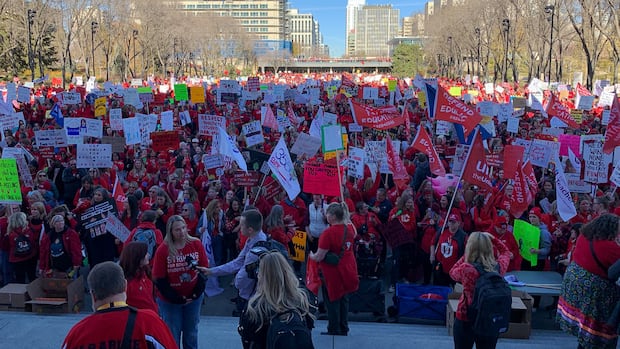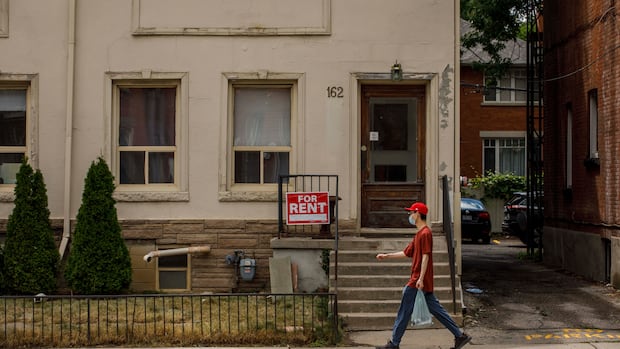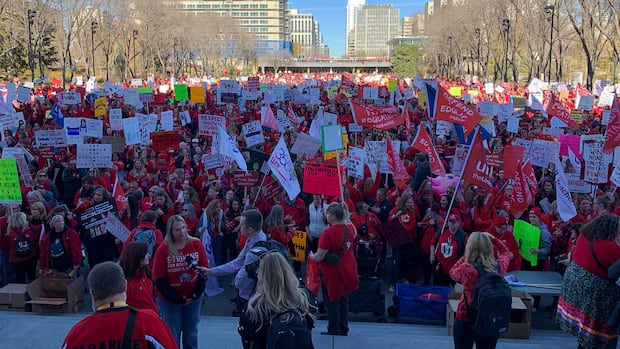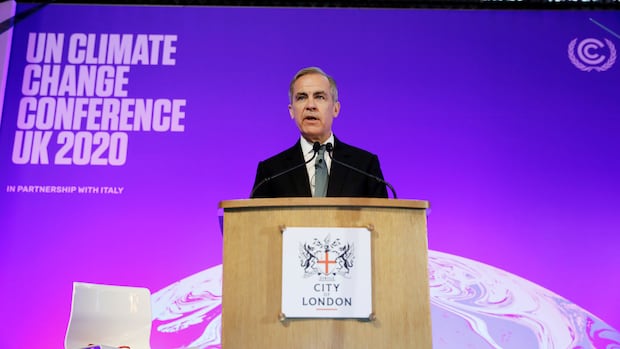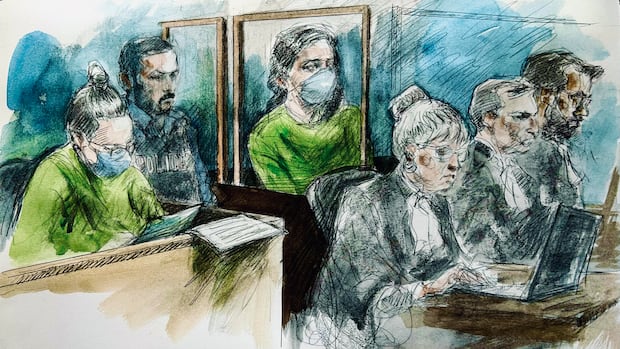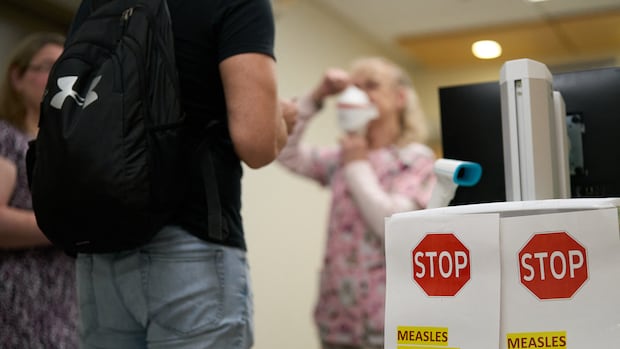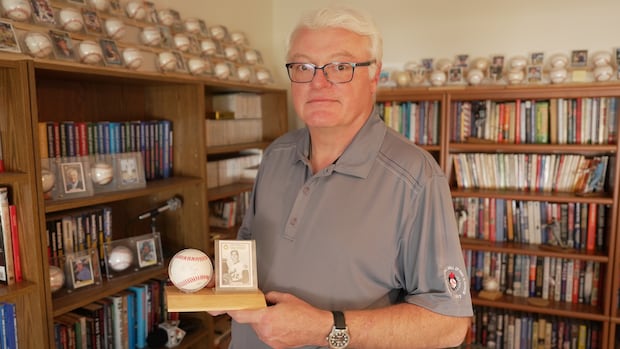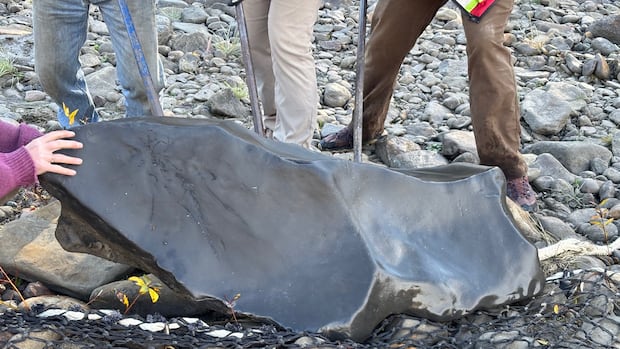Political scientists — and now, Calgary’s returning officer — say provincial legislation changes are to blame for long lineups and slow processing times during municipal elections across Alberta on Monday.
One of the changes implemented last fall is that municipalities are now mandated to create and maintain permanent electors registers, or lists of eligible voters.
In Calgary, voters had until Aug. 27 to pre-register for the list. The city said it also received voters’ information from Elections Alberta.
People who weren’t on the list had to fill out a form at the polls with their personal information, including their full name, address, birthday and a signed statement.
That took time, leaving voters wondering what the paperwork is for and how the information will be used. Some polling stations saw lines upwards of three hours long.
In a news conference Tuesday evening, Calgary returning officer Kate Martin acknowledged the new provincial regulation contributed to the extra paperwork voters saw at the polls.
“[Workers] would either be checking them against the permanent electoral register [or] they would be issuing them a Form 13 — an electoral register — if that was required,” said Martin.
She said if a voter was already registered, they didn’t have to sign the statement on the form, but the worker still had to fill out the information. Any voter who requested a school trustee ballot did need to fill out and sign the form — even if they were on the list.
If the voter's name or address had changed, that information also needed to be updated.
“All those individual little steps did add to the additional processing times," said Martin.
WATCH | Calgary returning officer blames voting headaches on new paperwork:Some Calgary voters faced long waits at polling stations on Monday. Returning officer Kate Martin says election workers had to handle the permanent electoral register, as well as issue three paper ballots in addition to the new provincially-mandated forms.Martin said the forms will be used to compile Calgary’s permanent electors list. The city has confirmed to CBC News that the list will also go back to the province.
How will the information be used?Prior to the province rolling out these changes, municipalities could create their own voter lists through who shows up at the polls, according to an associate professor of political science at Edmonton’s MacEwan University.
Brendan Boyd said the province is likely trying to create a permanent, uniform approach across Alberta.
“The purpose is, I think, to create a little more formality around who’s eligible to vote and then confirming that those people on the list are who they say they are, with the idea of reducing fraud,” said Boyd.
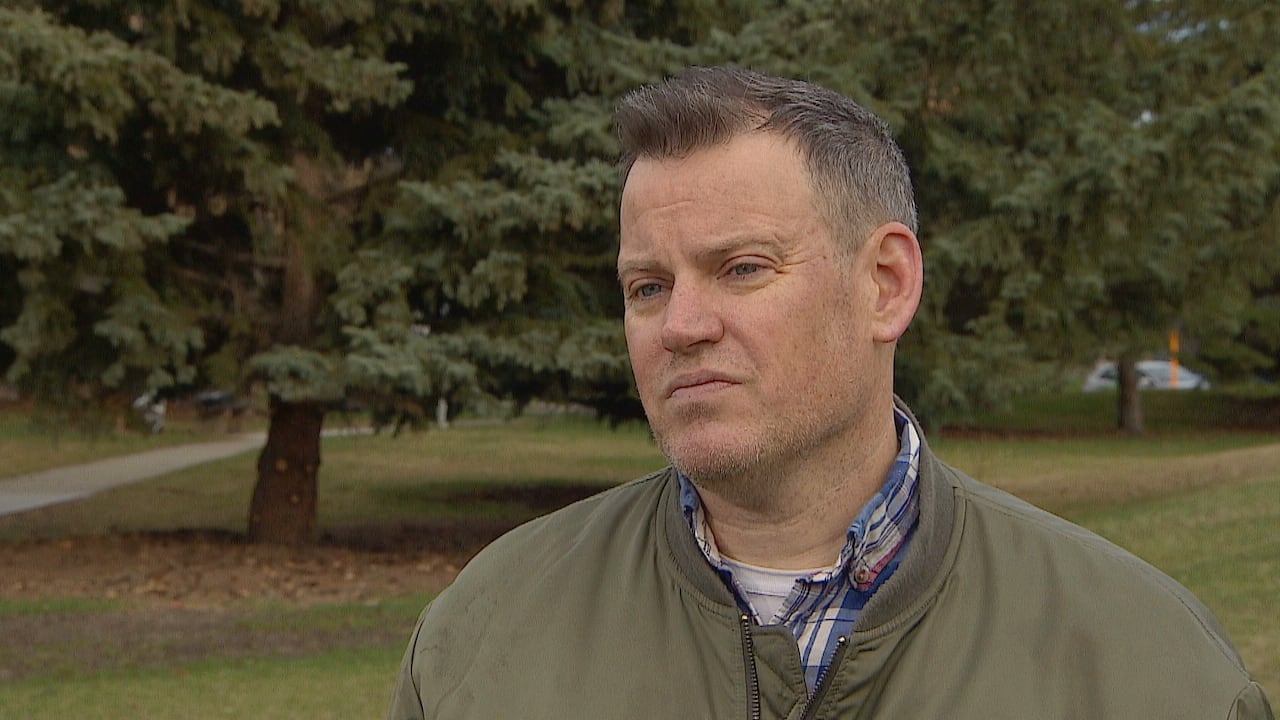 Brendan Boyd is a political science professor at MacEwan University. (Peter Evans/CBC)
Brendan Boyd is a political science professor at MacEwan University. (Peter Evans/CBC)Boyd said the province made changes to municipal elections to increase voter trust and confidence, but questions remain around whether there’s evidence to show those were issues in the first place.
The electors registers will not be shared with candidates, he said.
Voters are able to remove their names from the list, if they choose to. In Calgary, that can be done by calling or emailing Elections Calgary.
But those people would then have to add their names back onto the list the next time they vote, said Boyd.
Province stands behind changesDespite reports of long lineups at the polls — pushing some people to bail on voting altogether — Alberta’s minister of municipal affairs stands behind the changes.
On the Calgary Eyeopener, Dan Williams said it isn’t the province’s responsibility to ensure municipal elections go smoothly.
“If the municipalities want [the] province to step in and replace their election authority, they can propose that.”
LISTEN | Minister Dan Williams on how Alberta's municipal elections played out:Calgary Eyeopener8:10Minister of Municipal Affairs on election changes
Williams said he’s open to amending legislation where needed, based on feedback from municipalities.
Martin, Calgary’s returning officer, said she hopes the province reaches out. And if they don’t, she plans to compile a list of lessons learned this election and submit it for the province to review.


